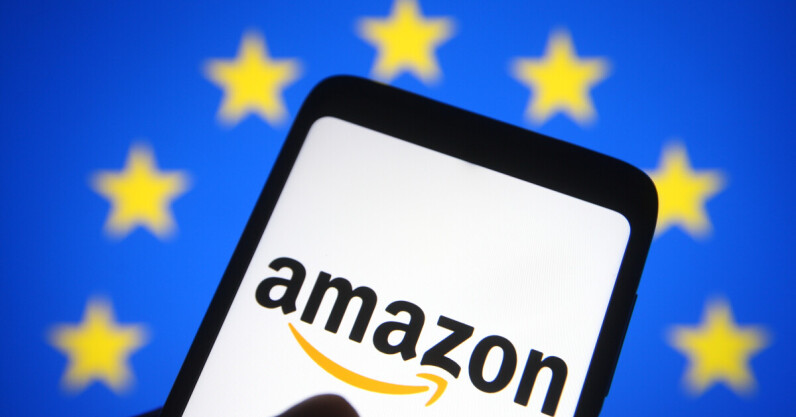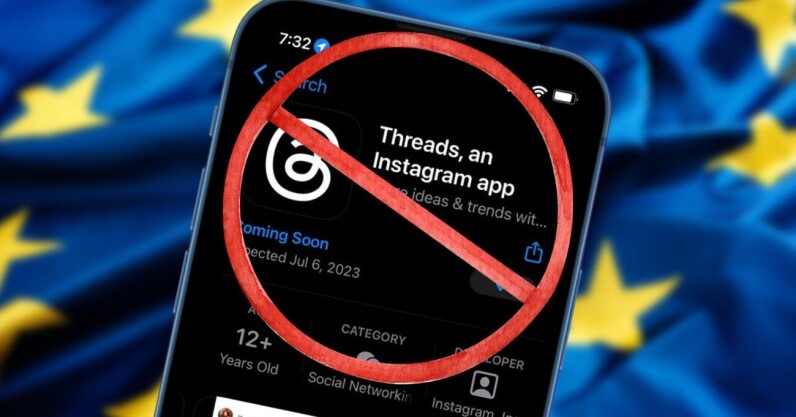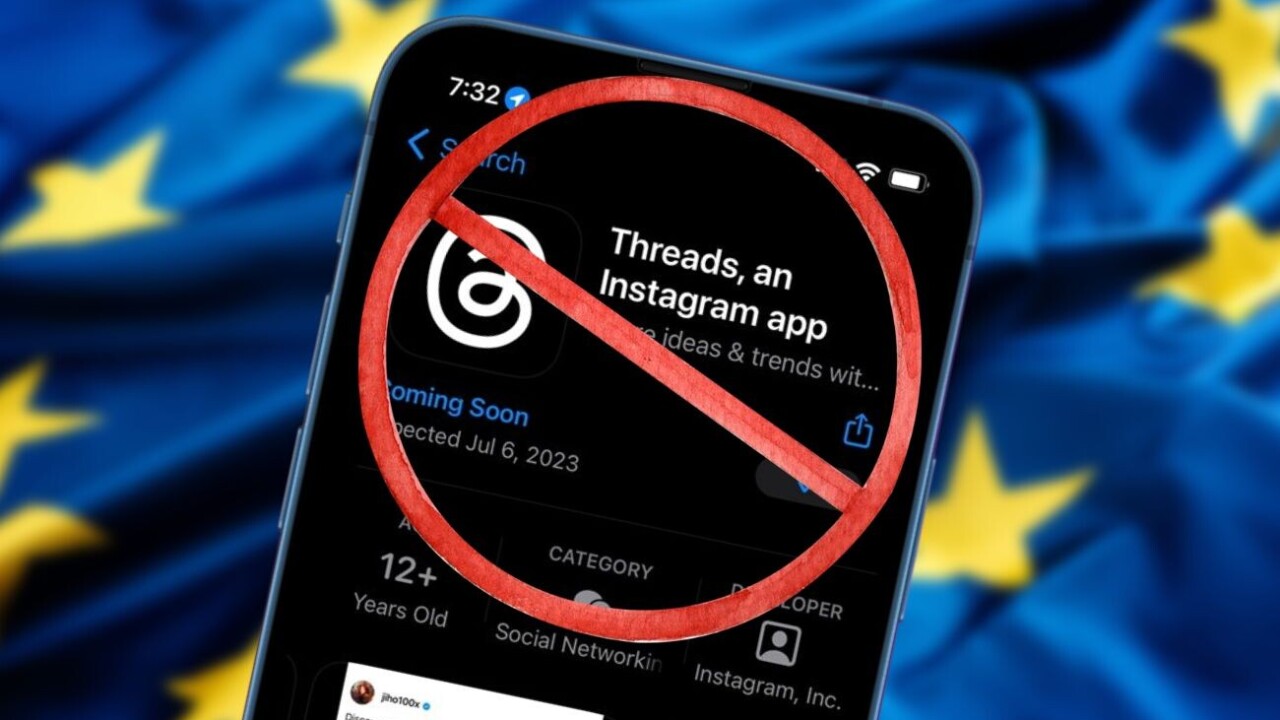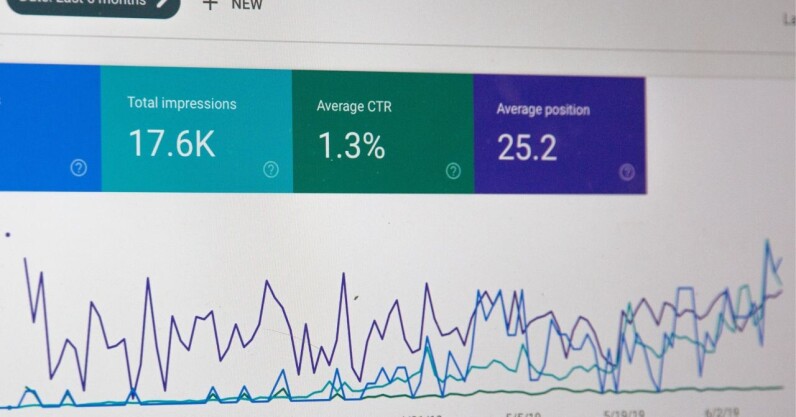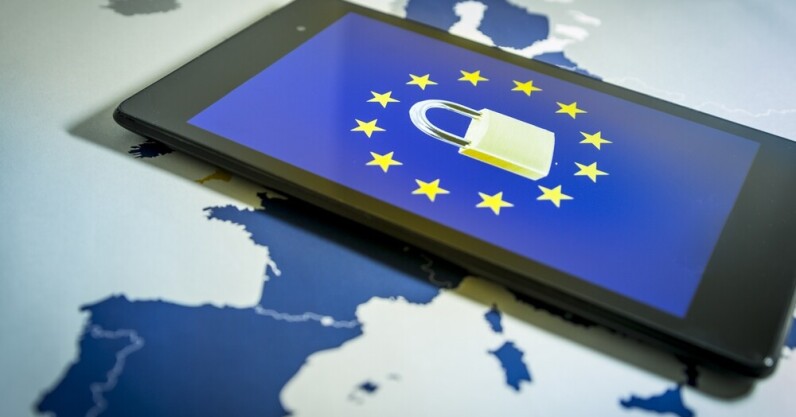Spain fines Apple and Amazon €194M for colluding to restrict competition
Spain’s antitrust watchdog has fined Amazon and Apple €194mn for colluding to limit the sale of Apple products by third-party sellers on the huge online retail platform, which “drastically” reduced competition.
The fine is the result of a case opened by the regulator, known as the CNMC, in July 2021, that sought to prove that the pair unfairly colluded to “reduce competition in the internet retail market for electronic products.”
Clearly, the CNMC found the proof it was looking for. “Over 90% of resellers who used Amazon’s website in Spain to sell Apple products were excluded from Spain’s main online market,” it said.
The regulator also pointed out that Amazon reduced the capacity of retailers in other EU countries to access Spanish customers, and restricted the advertising Apple’s competitors were allowed to place on its website when users searched for Apple products.
As a result, Amazon has been fined €50.5mn, while Apple has been fined €143.6mn. The companies now have two months to appeal the decision, which the pair more than likely will.
“We reject the suggestion made by CNMC that Amazon benefits from excluding sellers from its marketplace, as our business model hinges precisely on the success of the companies selling through Amazon,” Amazon said in a statement to Reuters.
Apple said the agreement with Amazon, made back in 2018, was designed to limit the number of counterfeits sold online. However, small resellers complained that this threatened their businesses, as the requirements for becoming an authorised reseller include hitting sales volumes of millions of dollars.
Three countries – Germany, Italy, and Spain – opened antitrust investigations into the matter. Germany never dropped the case, but Italy fined Apple and Amazon more than €200mn for restricting competition in the sale of Apple and Beats products but subsequently dropped the charges.
Published
Spain fines Apple and Amazon €194M for colluding to restrict competition Read More »






